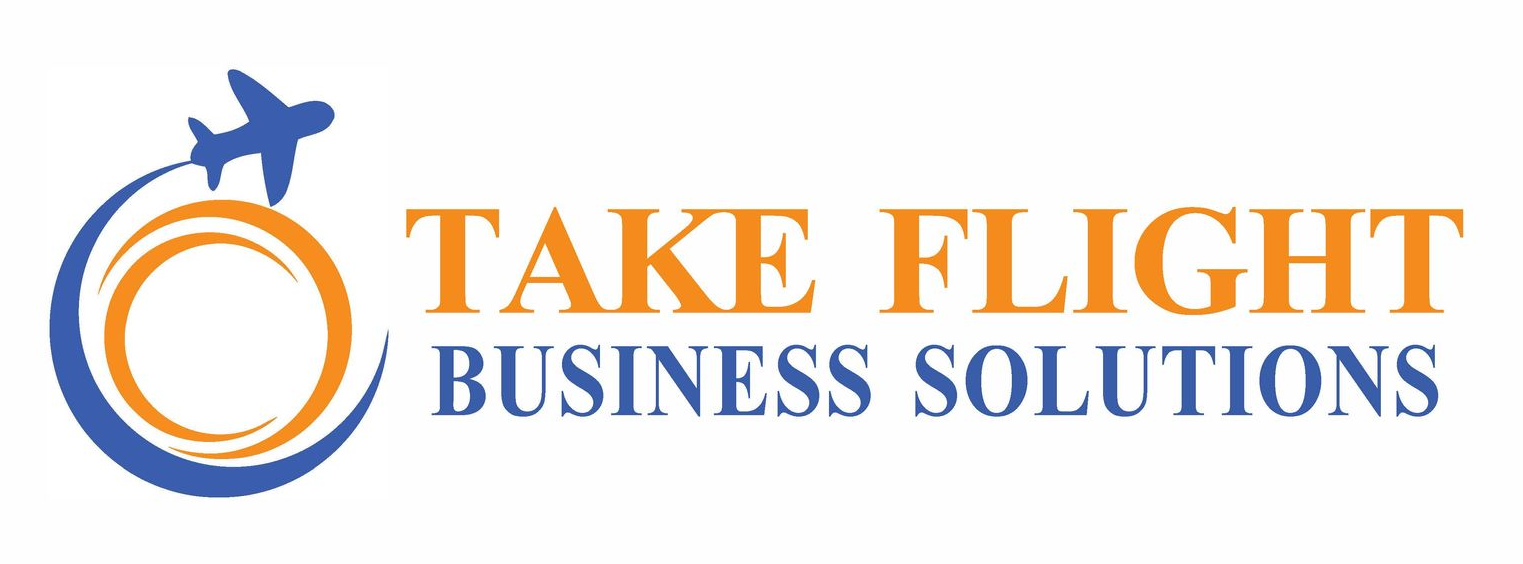Smart Tax Strategies for Family Businesses: Hiring Your Kids
Smart Tax Strategies for Family Businesses: Hiring Your Kids
Family businesses in the United States often look for ways to optimize their operations, including tax strategies. A notable approach is involving children in the business. This tactic is not only a great way to teach kids about entrepreneurship but also offers substantial tax advantages, particularly for sole proprietors or couples in partnership. This post explores how this strategy works, its benefits, and the legalities involved, especially focusing on businesses run by sole proprietors or spouses.
Section 1: Understanding the Basics
A sole proprietorship is a business owned and run by an individual without distinction between the business and the owner. Similarly, a partnership involving spouses operates on the basis of shared ownership and responsibilities. When it comes to employing children in such businesses, U.S. tax law provides unique opportunities. However, the employment must be legitimate. Children hired must perform real work that is age-appropriate and beneficial to the business. It’s not just about putting them on the payroll; they need to contribute in a tangible way, whether it's assisting with paperwork, managing social media accounts, or other suitable tasks.
Section 2: Tax Advantages of Hiring Your Kids
The primary benefit of hiring your children in your sole proprietorship or partnership is tax savings. When you employ your child, their salary is a business expense, reducing your taxable income. For 2024, the standard deduction for a Single person is $14,600 meaning the first $14,600 your child earns is free from federal income tax. This arrangement shifts income from your higher tax bracket to their lower (or non-existent) one.
Moreover, if the child is under 18 and working for a parent's sole proprietorship or a partnership where both parents are partners, the wages are exempt from Social Security, Medicare, and Federal Unemployment Tax Act (FUTA) taxes. This exemption presents additional savings compared to hiring an outside employee. However, remember that the compensation must be reasonable for their work. Overpaying your child compared to industry standards can attract unwanted attention from the IRS.
Section 3: Setting Up Employment for Your Children
To properly employ your children, start by drafting a formal job description outlining their responsibilities. This step legitimizes their role in the business. Pay them a reasonable wage consistent with industry standards for similar work. It's also essential to adhere to federal and state child labor laws, which dictate the number of hours a child can work, especially during school days.
Maintaining accurate records is crucial. Keep track of hours worked, tasks performed, and payments made. These records will be invaluable in demonstrating the legitimacy of the employment should the IRS inquire. Additionally, issue a W-2 form to your child at the end of the year, just as you would for any other employee.
Section 4: Maximizing the Benefits While Staying Compliant
Staying compliant with IRS rules is paramount. Ensure that the work your child does is meaningful to the business and that their pay is in line with what you would pay a non-family employee for similar work. Keep detailed records of their job duties and hours worked, and issue them a W-2 at year-end.
Another point to consider is the potential for your child to contribute to a Roth IRA. Since the income is earned, it qualifies for IRA contributions, offering an opportunity to start saving for retirement or future educational expenses early in life. This move can be a powerful lesson in financial responsibility and planning for your child.
Section 5: Case Studies and Real-world Examples
Consider the example of a small family-owned catering business. The owners employ their 16-year-old to manage their social media accounts and help with event planning. They pay her a reasonable wage that reflects the value of her work and her skill level. Her earnings are below the standard deduction limit, so she doesn't owe federal income tax, and her parents benefit from a reduced tax liability on their business income.
Conclusion:
Hiring your children in your sole proprietorship or partnership can be a win-win: providing valuable life lessons and work experience for them, and significant tax benefits for your business. However, it’s important to follow the rules carefully to avoid potential pitfalls. Always consult with a tax professional to tailor this strategy to your specific situation and stay updated on the latest tax laws.












